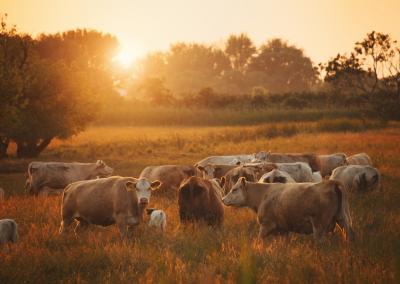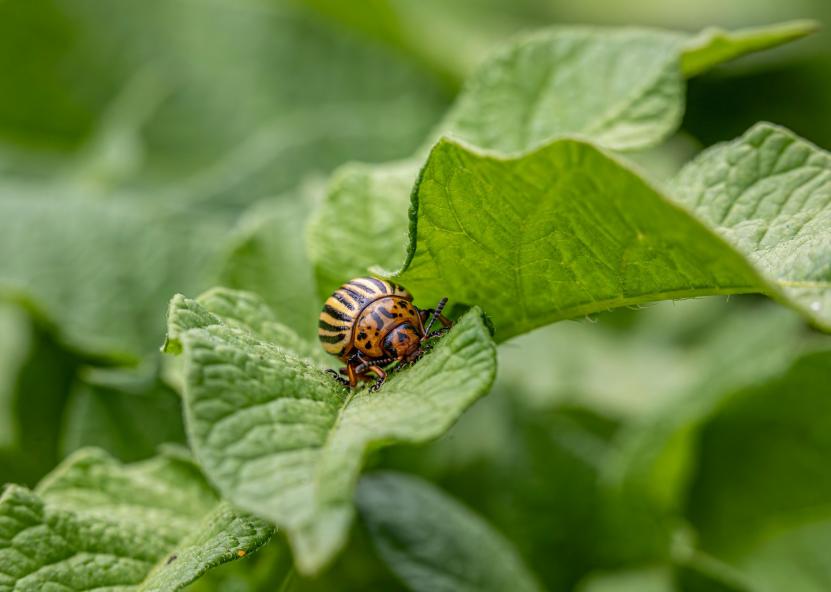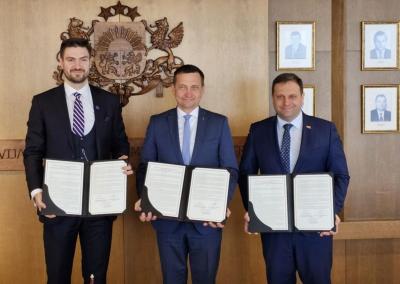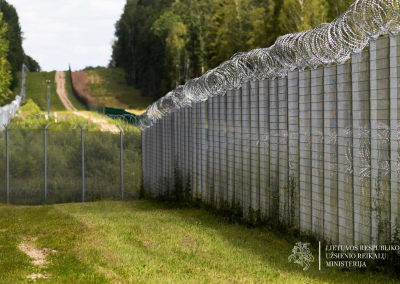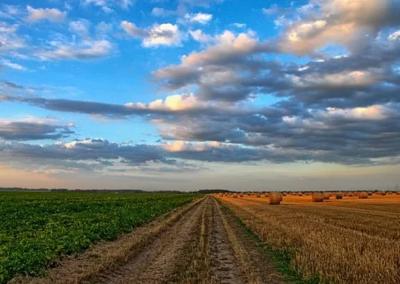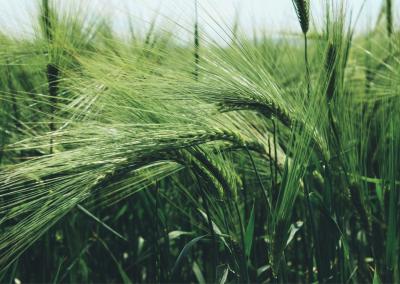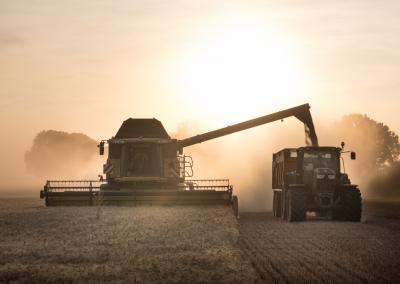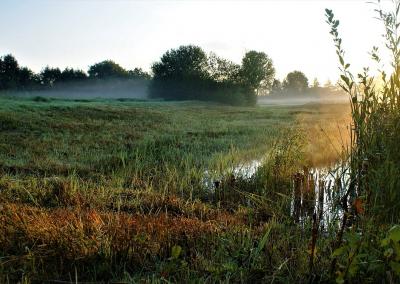Phytosanitary controls at borders - new regime to enter into force in June
The Ministries of Agriculture and Finance are strengthening the protection of the Lithuanian crop sector, with the entry into force on 1 June of an updated procedure for phytosanitary inspection of plants, plant products and other objects entering Lithuania and the European Union.
The phytosanitary inspection regime for plants, plant products and other objects in Lithuania and the European Union is strictly regulated to protect plants from quarantine pests, which can cause significant economic and social damage to agriculture and the environment.
The updated phytosanitary inspection procedure regulates the inspections by the State Plant Production Service under the Ministry of Agriculture and Lithuanian customs authorities of consignments of plants, plant products and other objects (i.e. any material or object in which pests may congregate) arriving by rail, road, inland waterway, sea or air transport, or in transit. Inspections shall include documentary checks, physical examination and, where necessary, laboratory tests.
Businesses and farmers will benefit from the fact that the updated procedures for phytosanitary inspections will reduce red tape. It also clearly defines the rights and obligations of the State Plant Production Service and Lithuanian Customs staff, leaving no room for interpretation regarding illegal actions of civil servants, decision-making deadlines or documentary requirements not foreseen in the procedure. At the same time, the effectiveness of phytosanitary control will be improved to protect the country's crop sector from pests and diseases caused by them. And the simplified control process, which allows the phytosanitary inspection process to be completed at the control point rather than at the border in all cases, will ensure the smooth movement of products.
Lithuania has 15 border inspection posts for phytosanitary inspection. As a reminder, as of 4 December 2024, the phytosanitary checkpoint at Vilnius Airport opened the possibility to legally import plants, plant products products and other related products from third countries for both commercial and personal use, with all the necessary documentation.











































